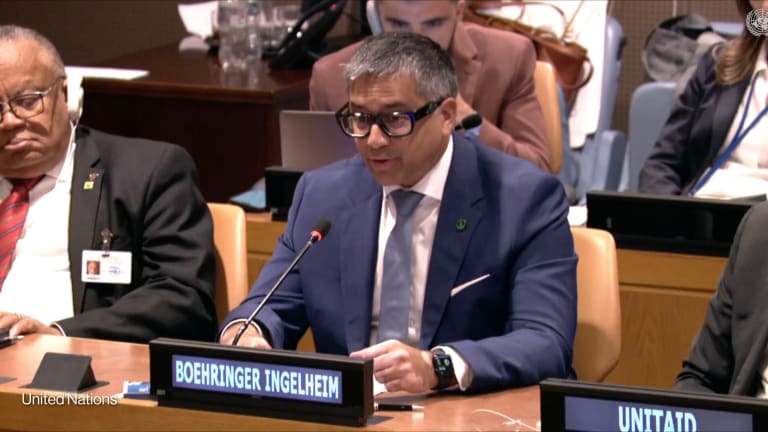
Access to and availability of malaria interventions have been improving through the years. In Africa, where the disease burden is high, more people own insecticide-treated nets, more women receive intermittent preventive treatment and more children are given anti-malaria medicines within 24 hours.
But while access to these life-saving interventions has improved, challenges remain: low funding, differing behaviors and communication shortfalls. The last, evidence suggests, can mobilize politicians to adopt policies that could reduce drug costs, ramp up knowledge and awareness of malaria among communities, and motivate more people to protect themselves from contracting the disease.
The Roll Back Malaria Partnership has recognized the importance of proper communication in eliminating the global threat of malaria. At the recently concluded 13th East Africa Subregional Network annual meeting, RBM unveiled a strategic framework that will help nongovernmental organizations and governments integrate communications in their malaria control strategies.
The framework consists of six actions points, namely:
Ensure commitment from donors and organizations on funding, capacity building and technical assistance for communication programs.
Appoint a national malaria communication coordinator and establish a national communication working group for capacity building and to boost coordination at country level.
Build a ‘community of practice’ to share best practices and avoid duplication of efforts.
Integrate regular, timely communication in country malaria programs.
Set up an operational research agenda to better understand people’s behavior, improve effectiveness of interventions and build a stronger evidence base per approach.
Create an RBM communication working group, which, according to the framework, will serve as the “focal point for the implementation of the present Strategic Framework.”
To determine whether the framework will have a positive impact on malaria control and prevention efforts, the action points will be measured against four indicators.
Presence of an evidence-based, national communications strategy at 80 percent of high-burden countries.
Regular allocations for communications from these high-burden countries’ malaria control budgets.
Regular dissemination of evidence of the impact of communications on malaria control.
Within one year, RBM should have set up “community of practice and database that maps partners in the majority of high-burden countries in order to facilitate partner collaboration.”
Read more development aid news online, and subscribe to The Development Newswire to receive top international development headlines from the world’s leading donors, news sources and opinion leaders — emailed to you FREE every business day.








